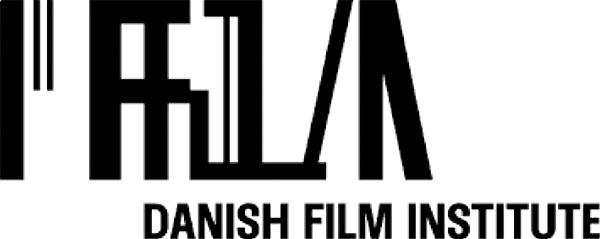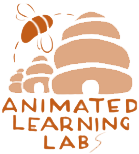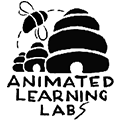Animated Learning Conference 2023
We are happy to present the topic of Animated Learning Conference 2023!
This year will be about
ART AND AESTETICS IN TEACHING
We would love to hear from workshop facilitators, speakers, teachers, philosophers
and anyone who has inputs for this year’s topic.
At VIA University College Campus Viborg






